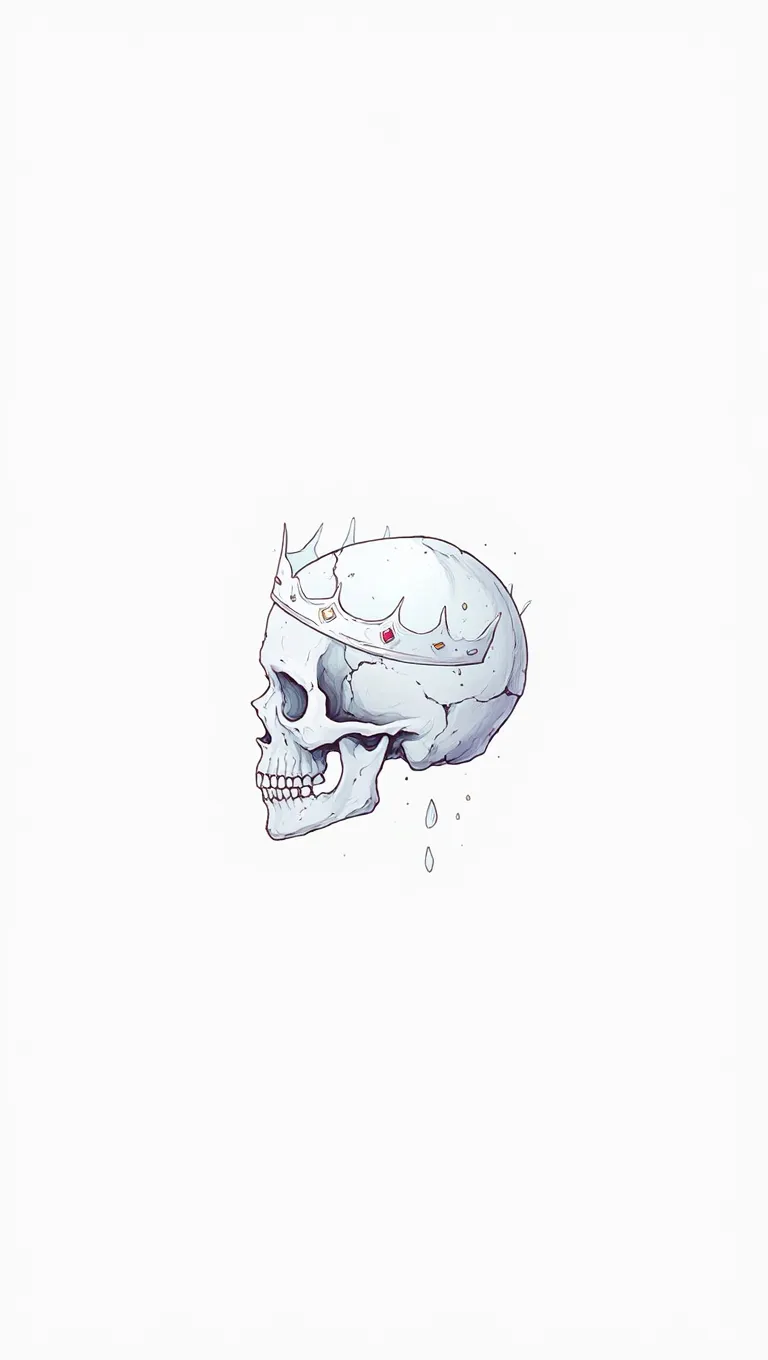
Essay
Micromanaging usually gets a bad rap, for good reason, but there’s one area where it definitely has utility: building great products.
products worth remembering are nearly always the output of a single mind, or at most a tight-knit, hierarchical collaboration where one vision dominates. committees produce artifacts, not meaningful things. real greatness requires a tyrant, benevolent or not.
— signüll (@signulll) March 2, 2025
There are many examples of where this is the case:
There’s no denying that these three individuals built great products and were serial micromanagers. Now, was it necessary for them to micromanage? Conversely, would they have been able to build such great products if they didn’t?
I think it’s unlikely. Because to build great things, you need to have a bold vision, which requires that you believe in a future no one else does. This is usually very difficult to share with others because it’s often not explicitly obvious or clear to even the visionary themselves. It’s something that arises from their own sensibilities, which others often will disagree with. Practically, it means that without the visionary micromanaging, it’s more likely than not that the end product won’t reach its potential, which drastically reduces the chance that it’ll be great.
